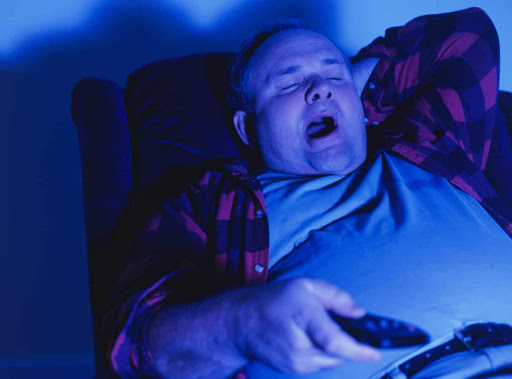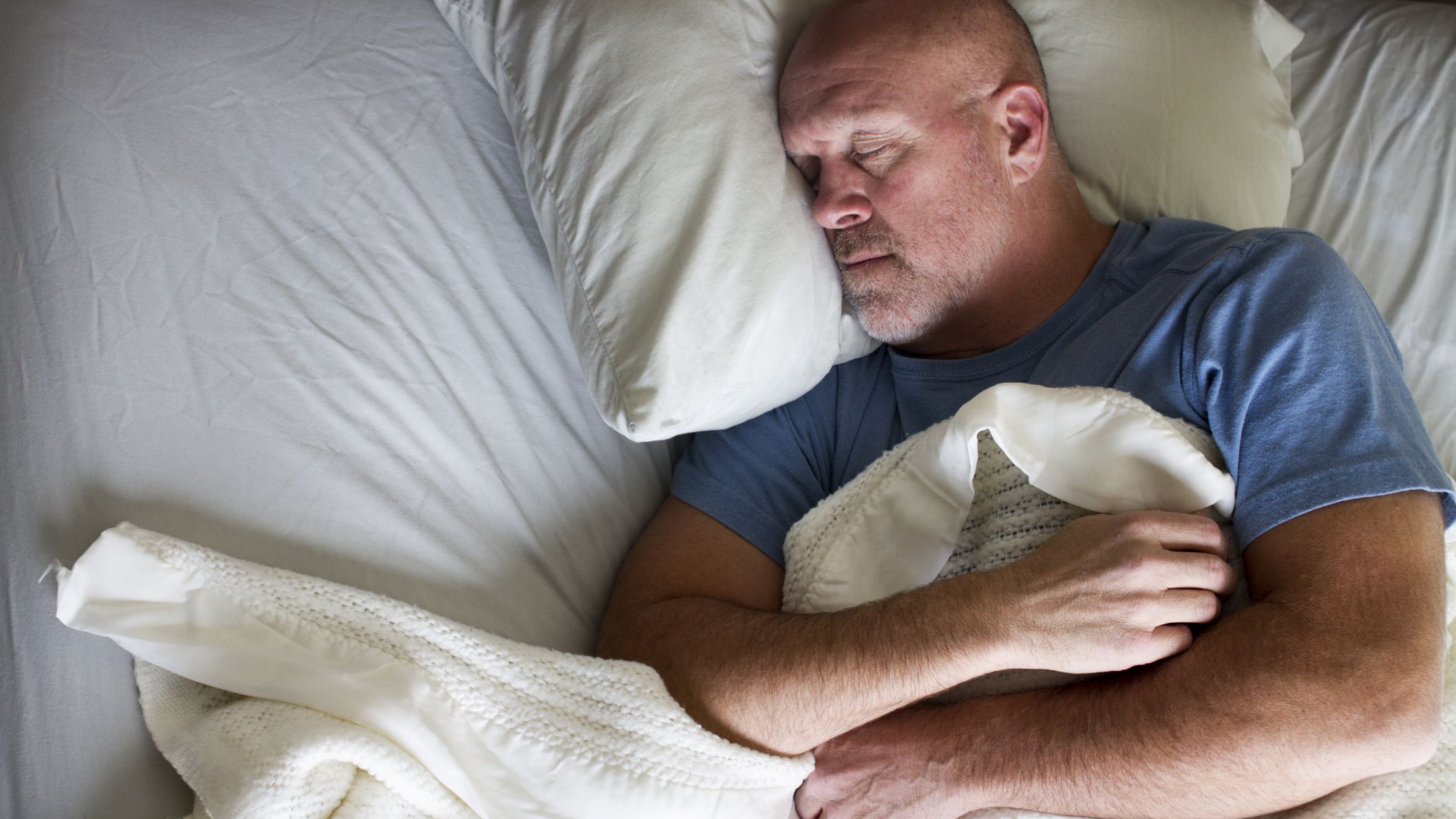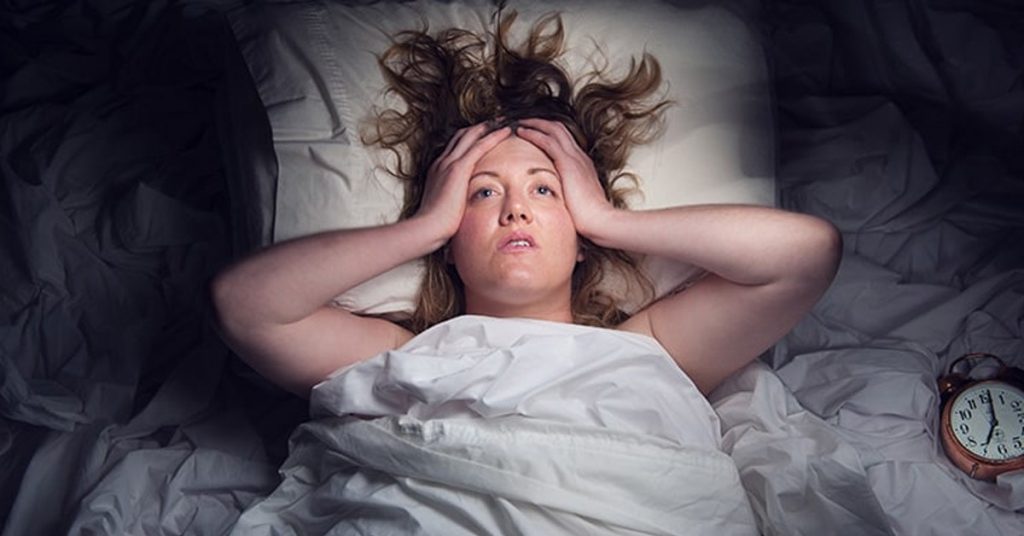Did you know there are two types of overweight and obesity; And can we lose weight just by getting enough sleep? Read the article below to understand more about how insomnia cause obesity. Sleep is essential for maintaining a healthy body, avoiding disease, healing wounds and especially keeping a person in a positive mental state. About whether sleep affects your weight? The answer is yes. CDC (Centers for Disease Control and Prevention) – USA reports that the increase in obesity among children is partly due to lack of sleep. Only a quarter of Americans get advice on how many hours to rest per night. So if the rate of obesity skyrockets, it’s no wonder! In this article, we will learn about how sleep deprivation can lead to weight gain. Hopefully, the article will inspire you to go to bed early tonight.
Insomnia and lack of sleep affect weight?
Not getting enough sleep increases hunger & cravings
Not getting enough sleep causes a deficiency of a hormone called leptin, which is the hormone that controls the body that helps us feel full. Not only leptin deficiency, the body also increases production of ghrelin, a hormone that stimulates appetite. If we stay awake more than we sleep, we will also feel hungry more times. Because we also cannot eat while we are sleeping and so we tend to eat more when we wake up.
Choose a poor diet
Studies show that people tend to choose a poor-quality diet when suffering from insomnia and not getting enough rest. When there is insufficient sleep, this affects the time the brain takes to rest and recover. Once the brain does not have enough time to recover, judgment will be poor, and therefore food choices in the diet more or less affected. If you notice, when our mood swings, we tend to turn to biscuits and chips, which are all foods that are high in sugar, bad starch and are not good.
Also, most of us get grumpy when we’re tired. When we’re not in the best and most active form, we often want to eat comfortably and eat a lot of fat, all to help us feel better.
Sedentary
If you sleep too little the night before, you will feel drowsy and tired the next morning, meaning you will be less active. Tired people tend to watch TV when they come home from work, not going for a walk or gym.
Low body temperature
People who lack sleep have a lower body temperature than normal. As body temperature drops, we also need less energy to function, and less energy burned means lower calories needed to burn.
Metabolized more slowly
When the body is lazy not to exercise, and not eating enough nutrients, it will imbalance hormones, leading to a slower metabolism. Have you noticed that some people, they eat a lot, eat whatever they want and still lose weight, that’s because their metabolism is higher than average. Without adequate rest, we are slowing down our metabolism, making it difficult to lose weight.

The link between sleep deprivation / insomnia and obesity
These events are really interrelated. The lack of adequate rest, lack of sleep has the risk of causing insomnia, which in turn will imbalance hormones leading to a slower metabolism. In turn, the blood sugar and metabolic level will fall into an alarming state.
To maintain normal glucose levels, subjects in one study had to produce more insulin. The result is increased hunger without a corresponding increase in activity, which over time leads to weight gain.
Lack of sleep also affects the amount of leptin in your body, the hormone that makes you feel full. When this hormone leptin drops, hunger and cravings tend to get out of control. So, without proper rest, you run the risk of misinterpreting your brain’s sleep signals and wanting more food.
How Does Sleep Deprivation Lead to Weight Gain?
Sleep loss creates a hormone imbalance in the body that promotes overeating and weight gain. Leptin and ghrelin are hormones that regulate appetite, and when you aren’t getting sufficient sleep, the production of these hormones is altered in a way that creates increased feelings of hunger. Sleep deprivation is associated with growth hormone deficiency and elevated cortisol levels, both of which have been linked to obesity. Additionally, insufficient sleep can impair your metabolism of food.

Unfortunately, the effects of sleep loss on weight are not limited to changes at the chemical level. Restricted sleep duration has been shown to cause a greater tendency to select high-calorie foods2. Calories consumed late at night increase the risk of weight gain. Furthermore, adults who do not get sufficient sleep get less exercise3 than those who do, possibly because sleep loss causes sleepiness and fatigue during the day.
